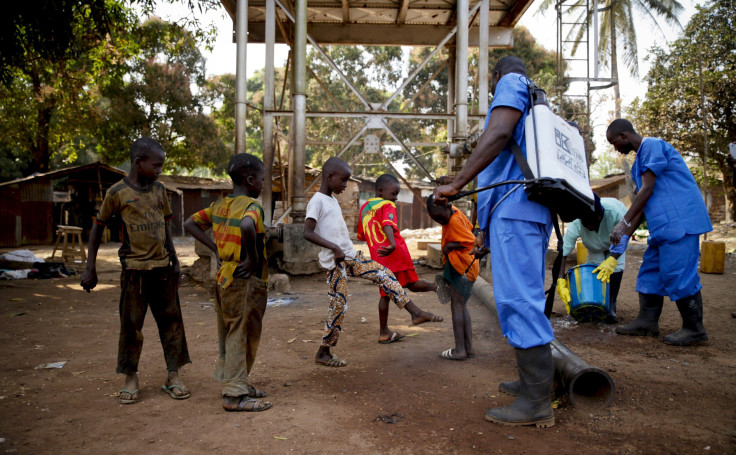Ebola Outbreak Update: Guinea Declared Free Of Deadly Virus After 2,500 Deaths

Guinea was declared free of Ebola virus Tuesday by the World Health Organization after more than 2,500 people died from the deadly virus in the West African nation. Liberia is the only country still battling Ebola after Sierra Leone officially ended its epidemic in November.
A ceremony will be held Wednesday in Guinea's capital Conakry where President Alpha Condé along with representatives from donor countries and dozens of organizations, from Médecins Sans Frontières, or Doctors Without Borders, to the Red Cross and the U.S. Centers for Disease Control and Prevention, will come together to mark the declaration.
"It's the best year-end present that God could give to Guinea, and the best news that Guineans could hope for," said Alama Kambou Dore, an Ebola survivor, according to Agence France-Presse. "From 2013 to 2015, Guineans suffered, they lived and survived, they endured, they were stigmatized, rejected, even humiliated because of this disease, which leapt out of nowhere."
A country is considered free of Ebola after two 21-day incubation periods have passed since the last known case tested negative for a second time, according to reports. The last known case in Guinea is a 3-month-old baby named Nubia whose recovery was reportedly confirmed on Nov. 16.
According to the U.N., more than 6,000 Guinean children have lost one or both parents to Ebola. The Ebola outbreak in West Africa was detected in 2014, and by last month it had claimed at least 11,313 lives from a total 28,575 diagnosed cases in Guinea, Liberia and Sierra Leone.
More than 4,800 people died of the Ebola virus in Liberia. The country has been declared free of Ebola virus twice — in May and September — but each time a new case has emerged.
© Copyright IBTimes 2025. All rights reserved.




















